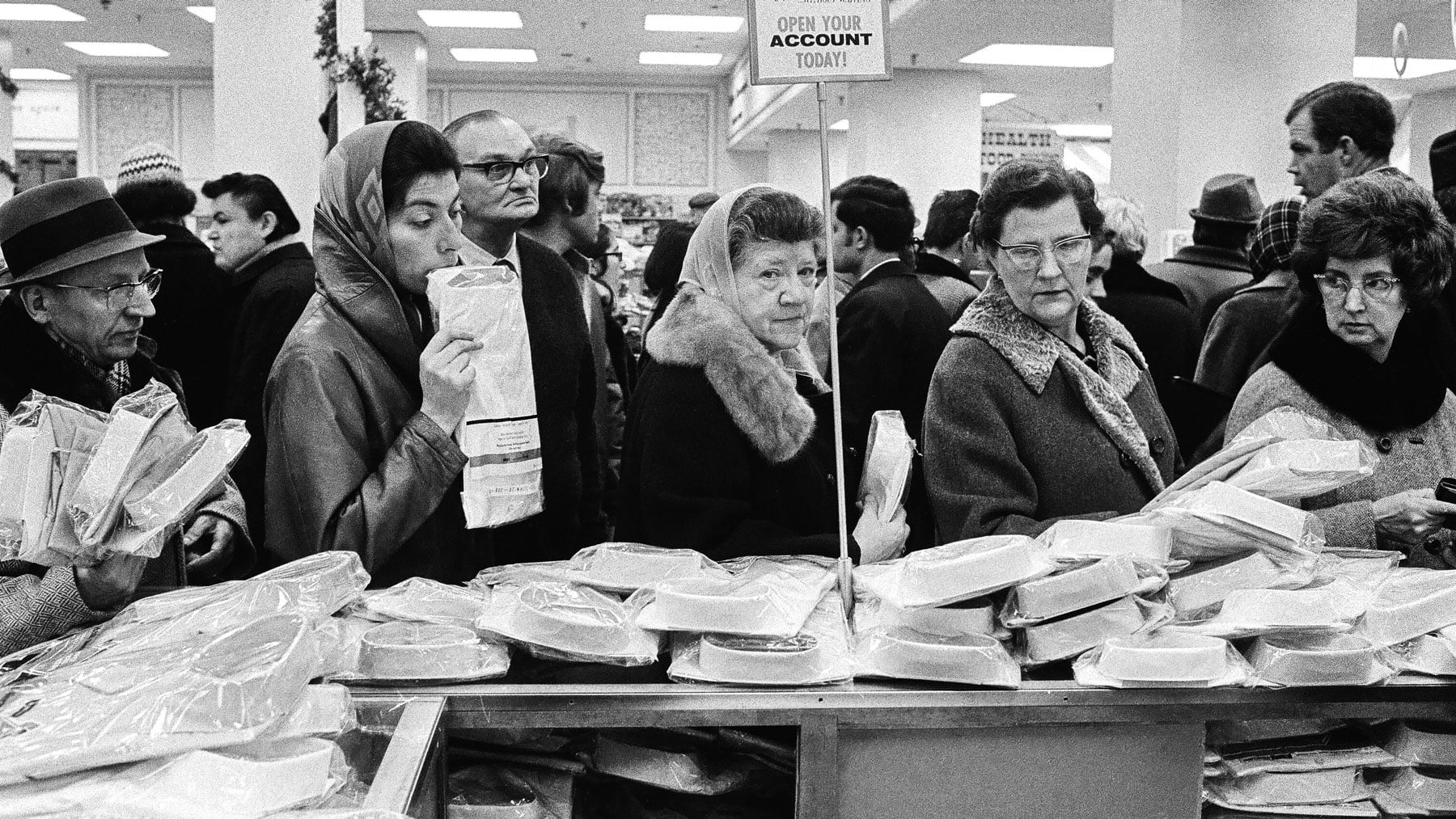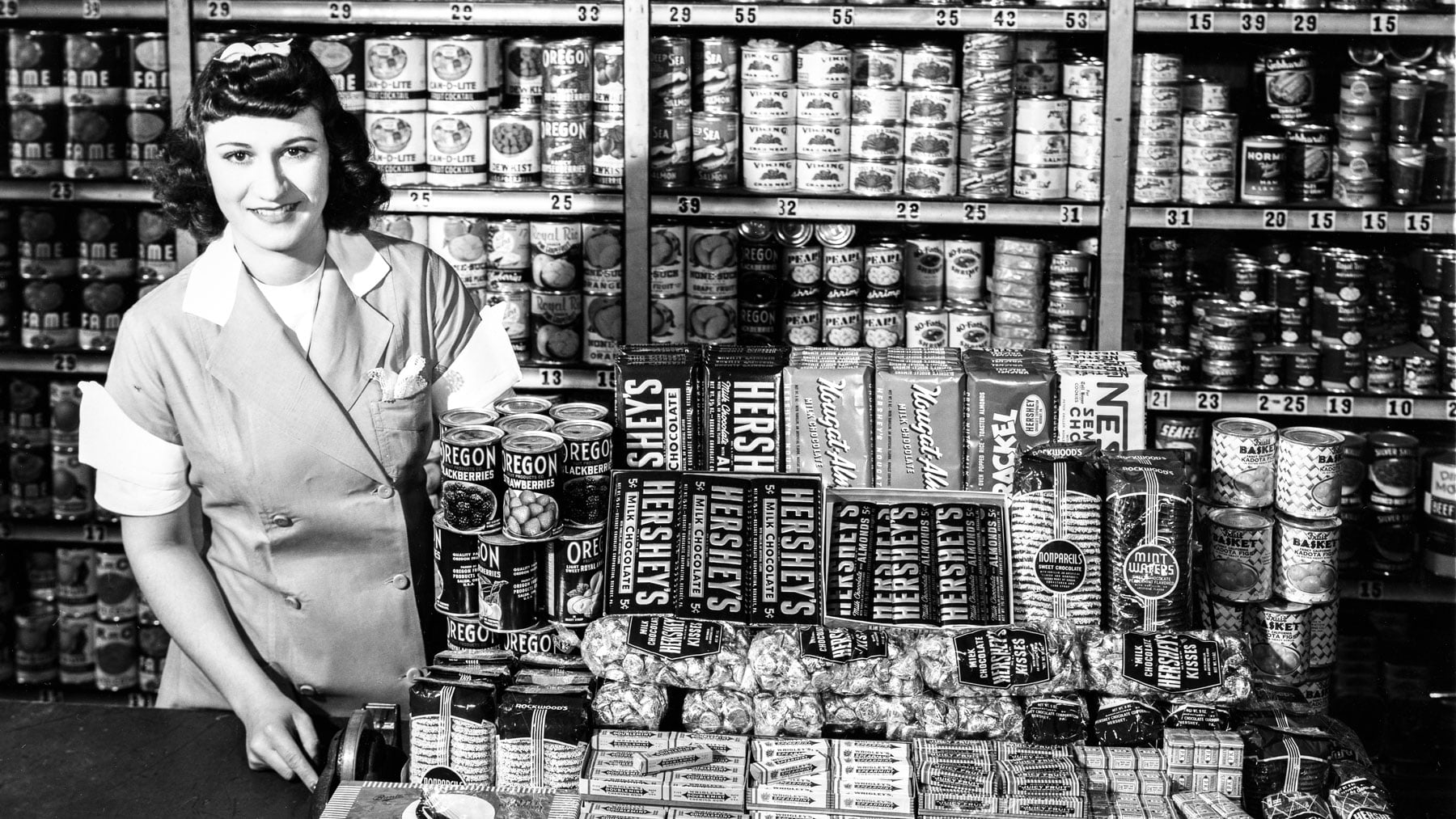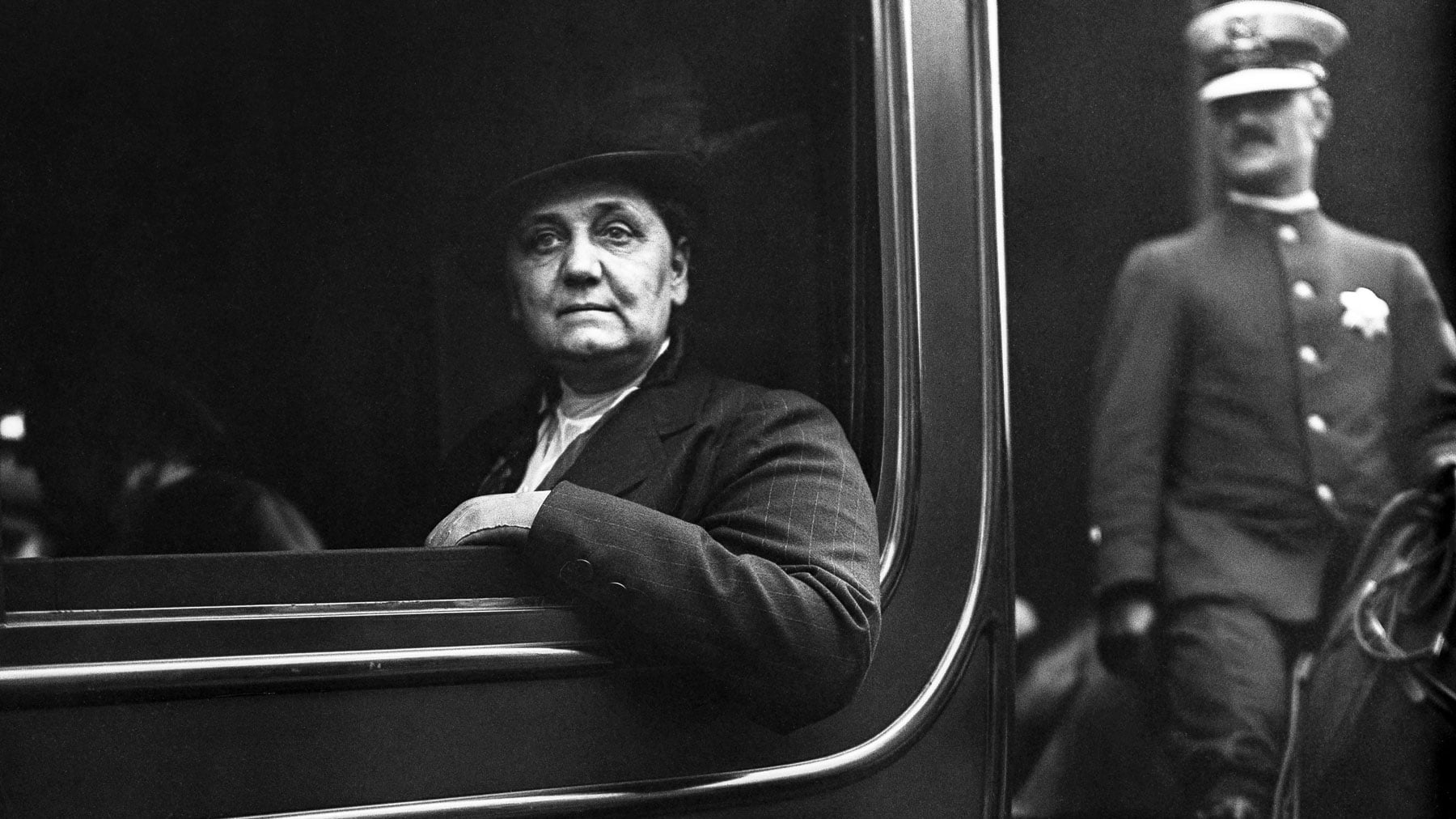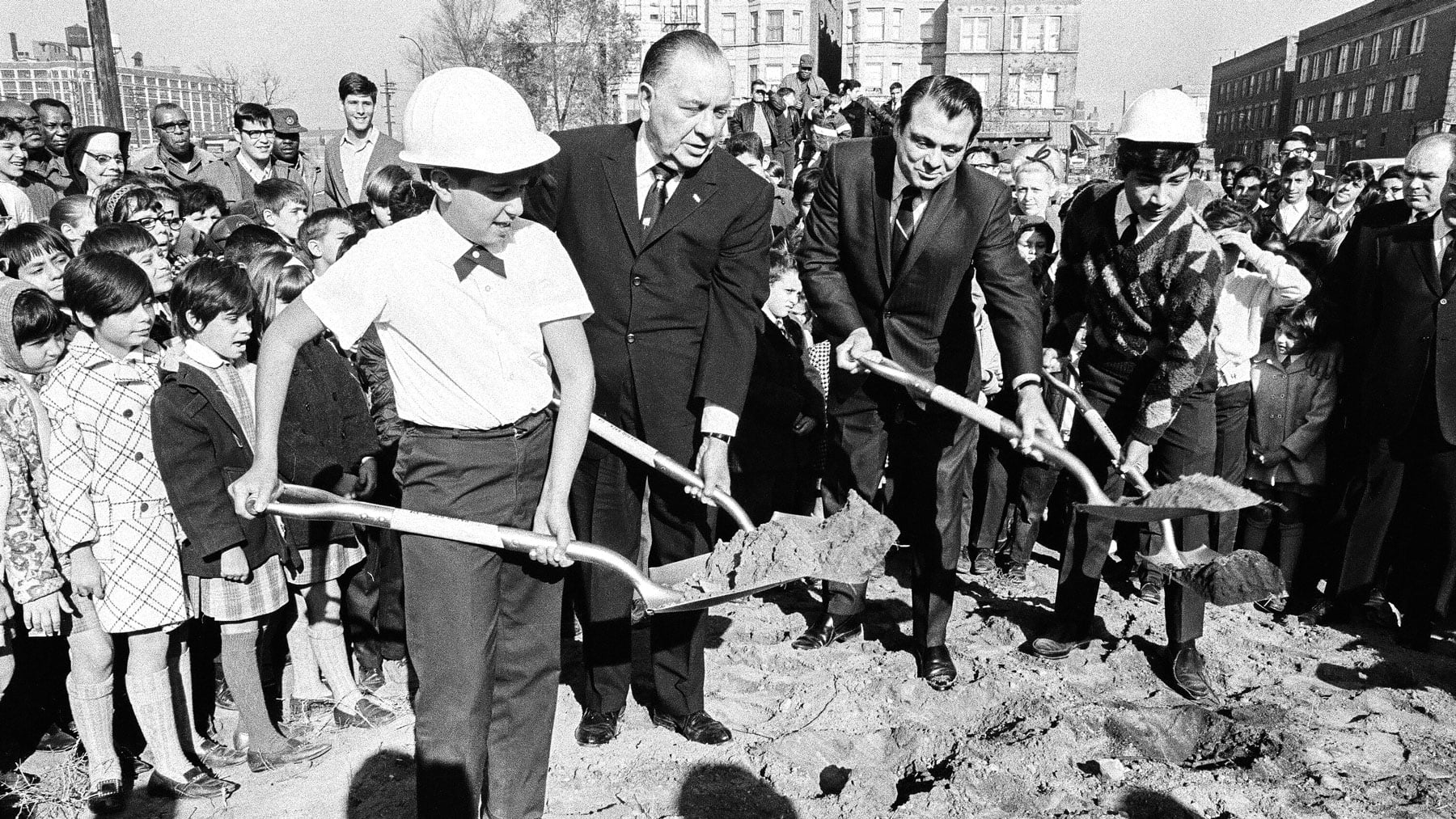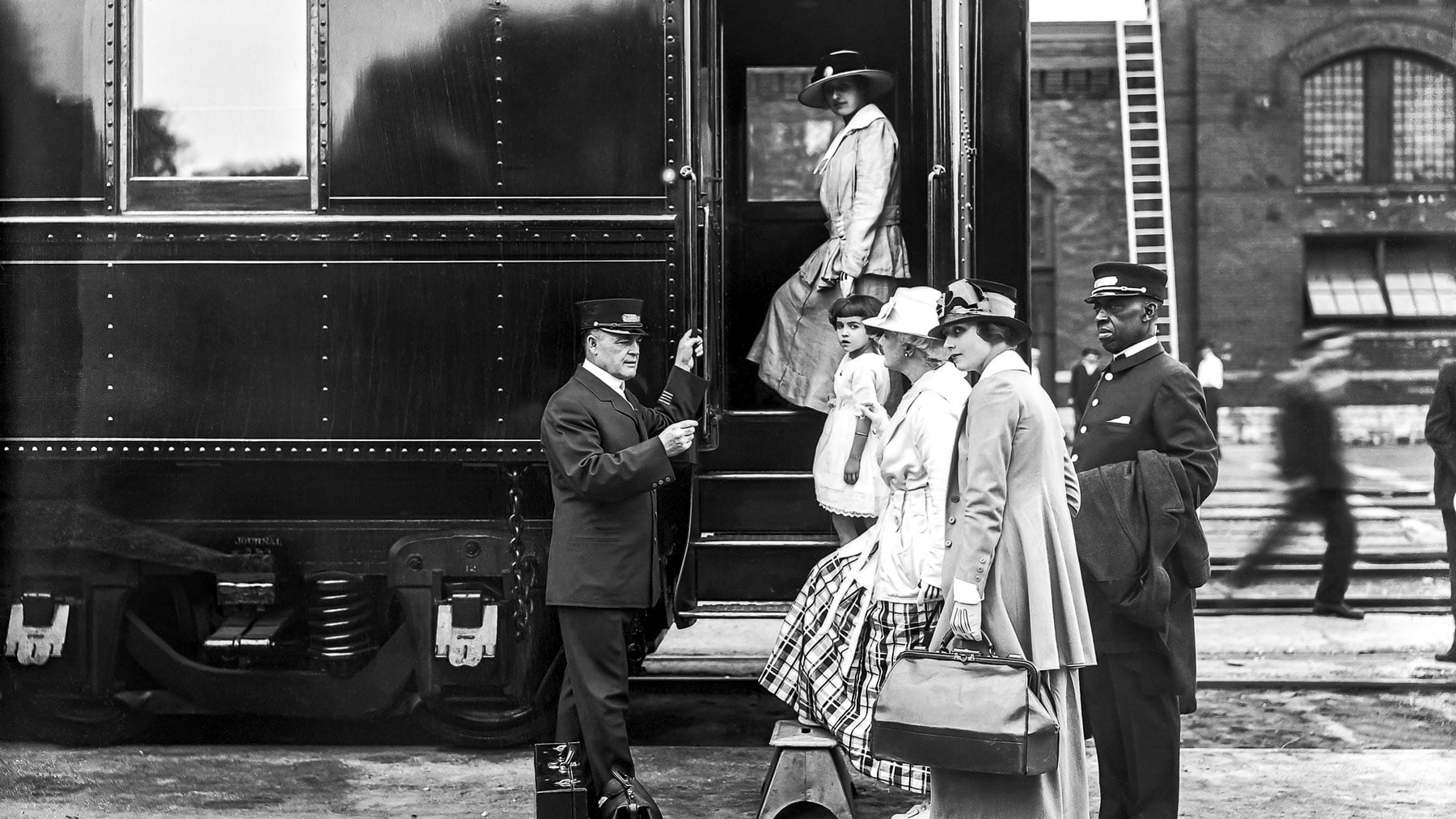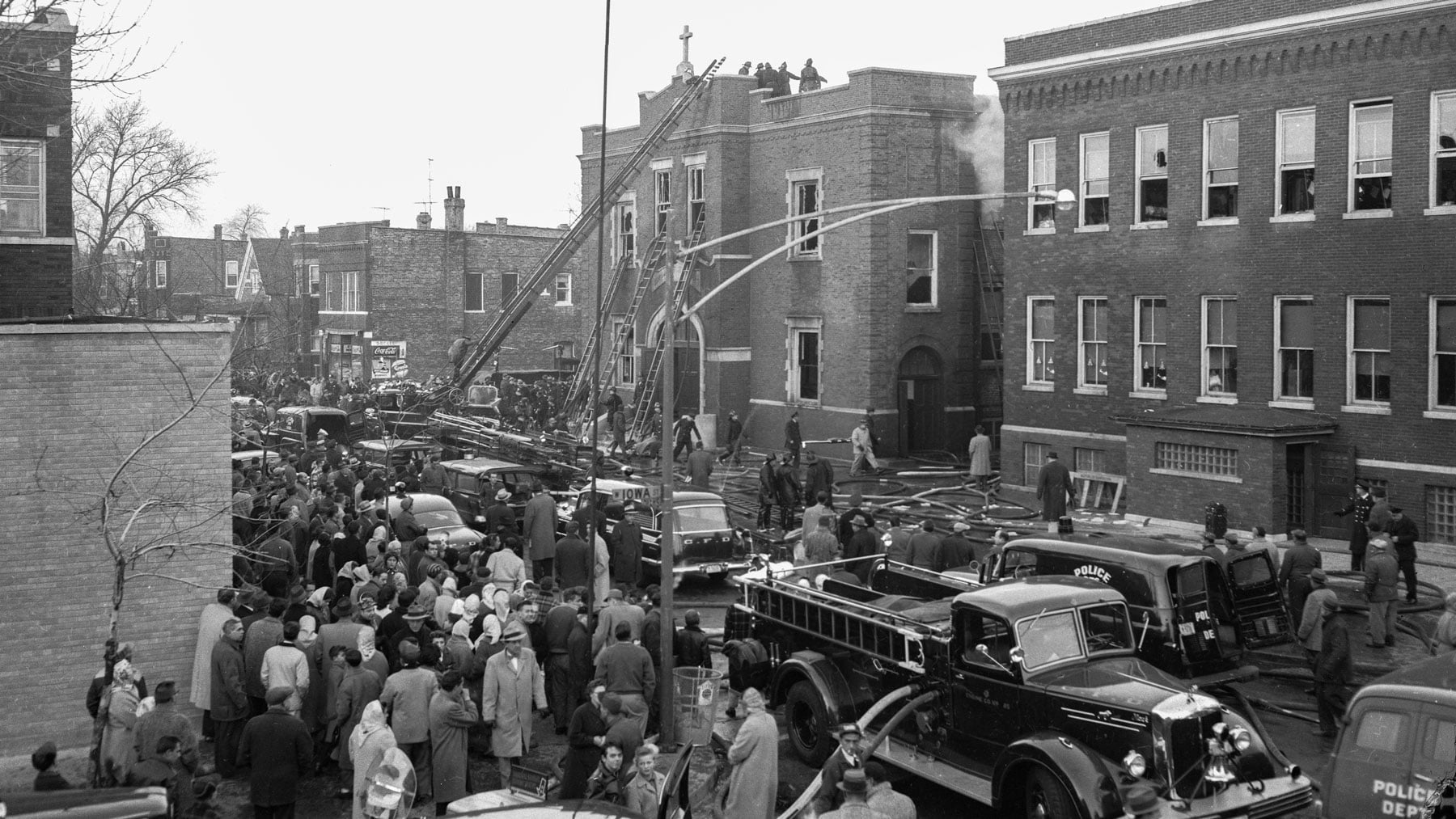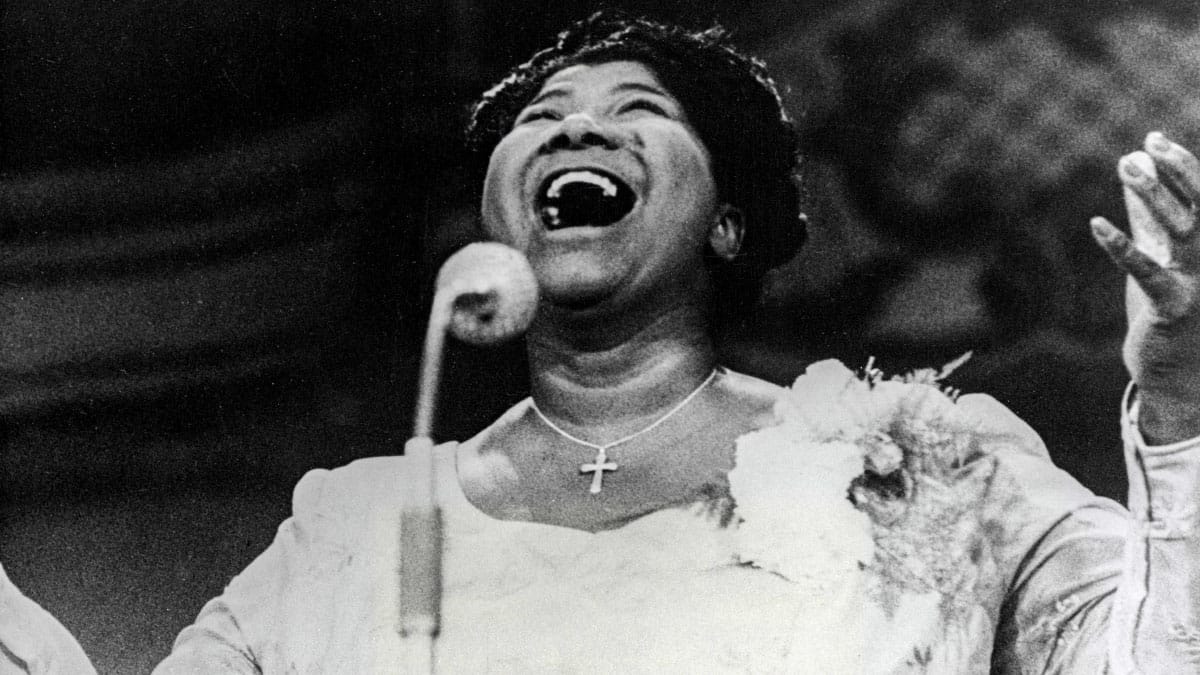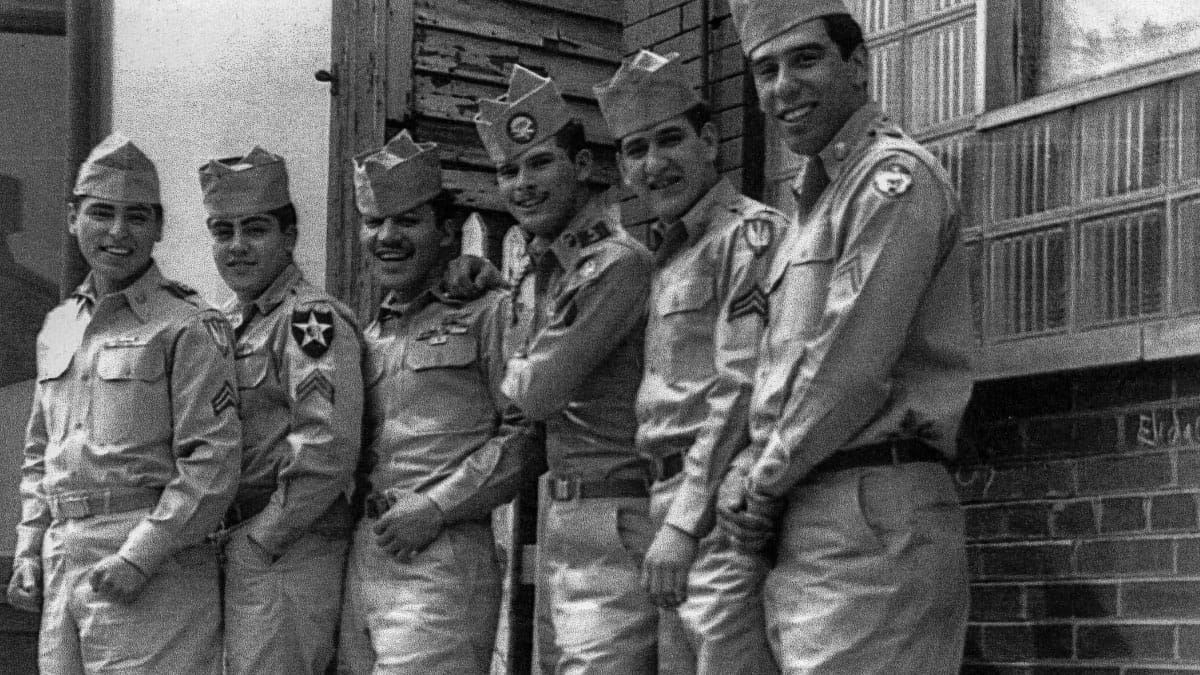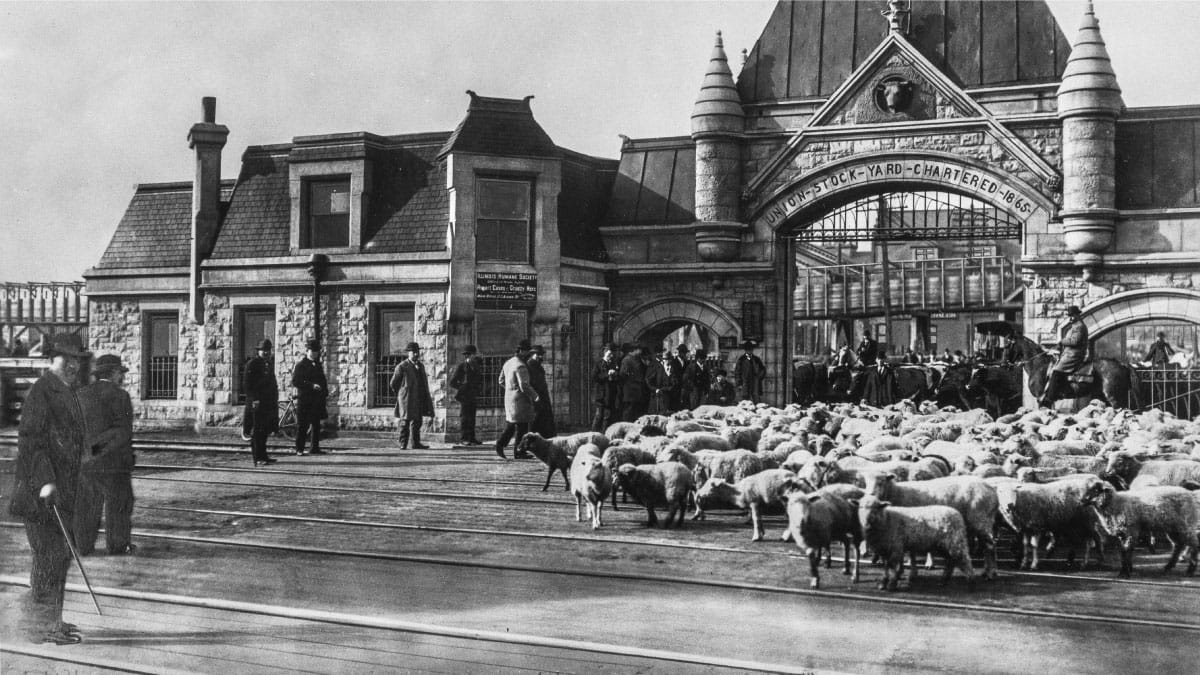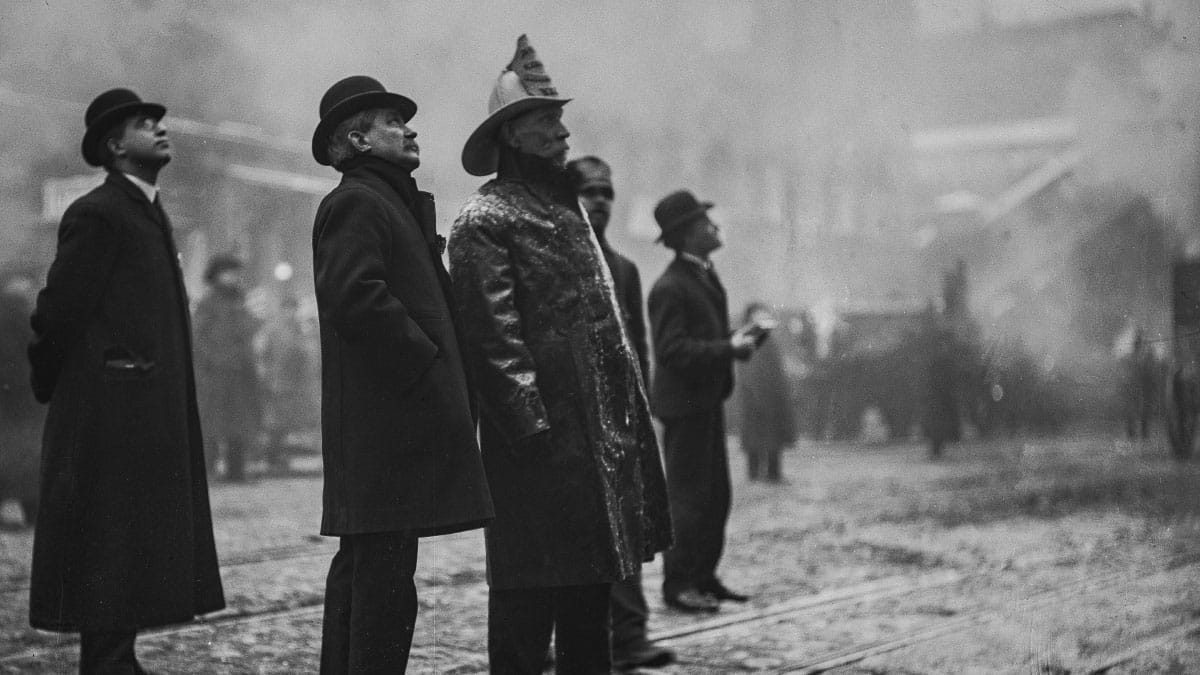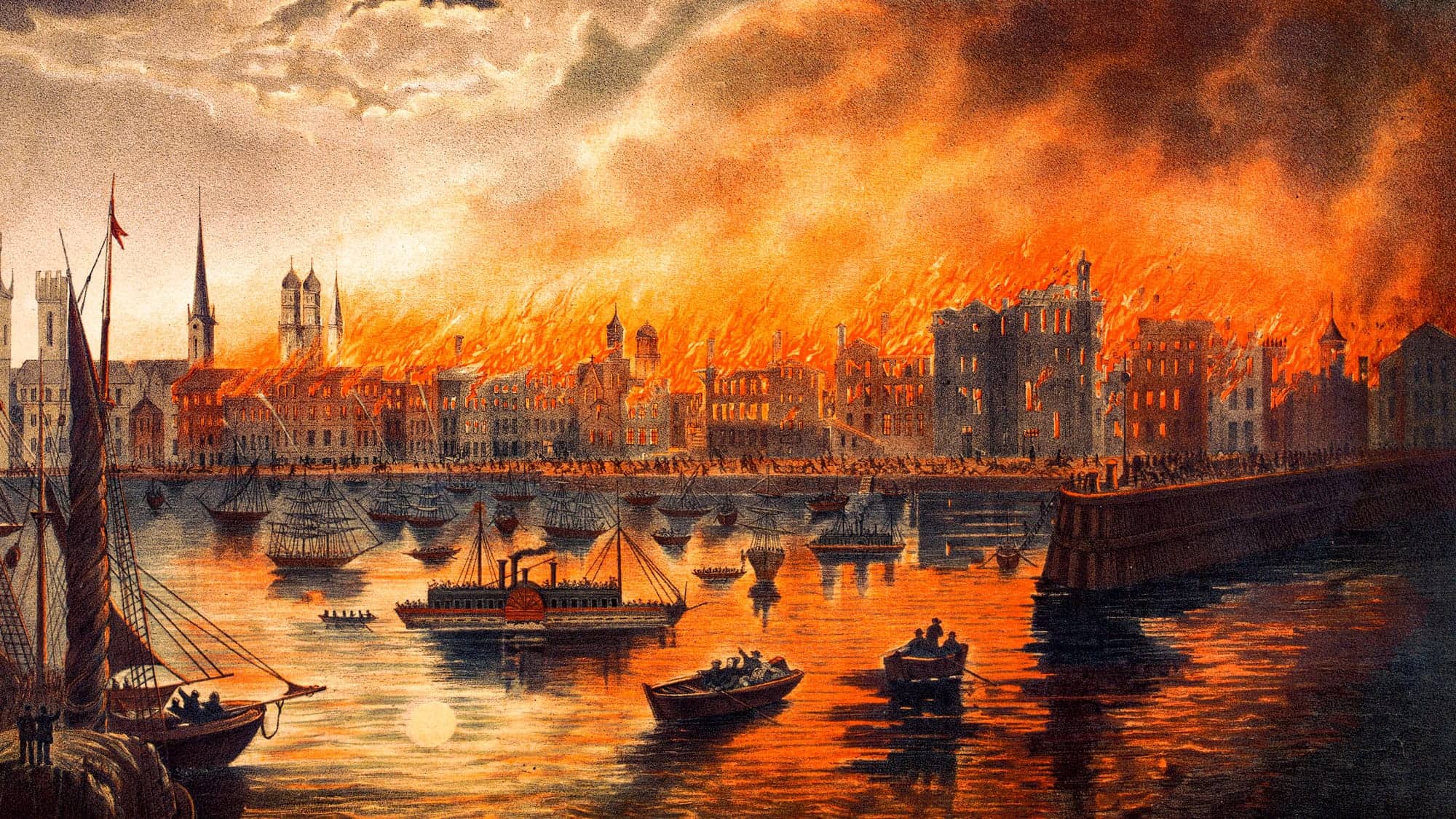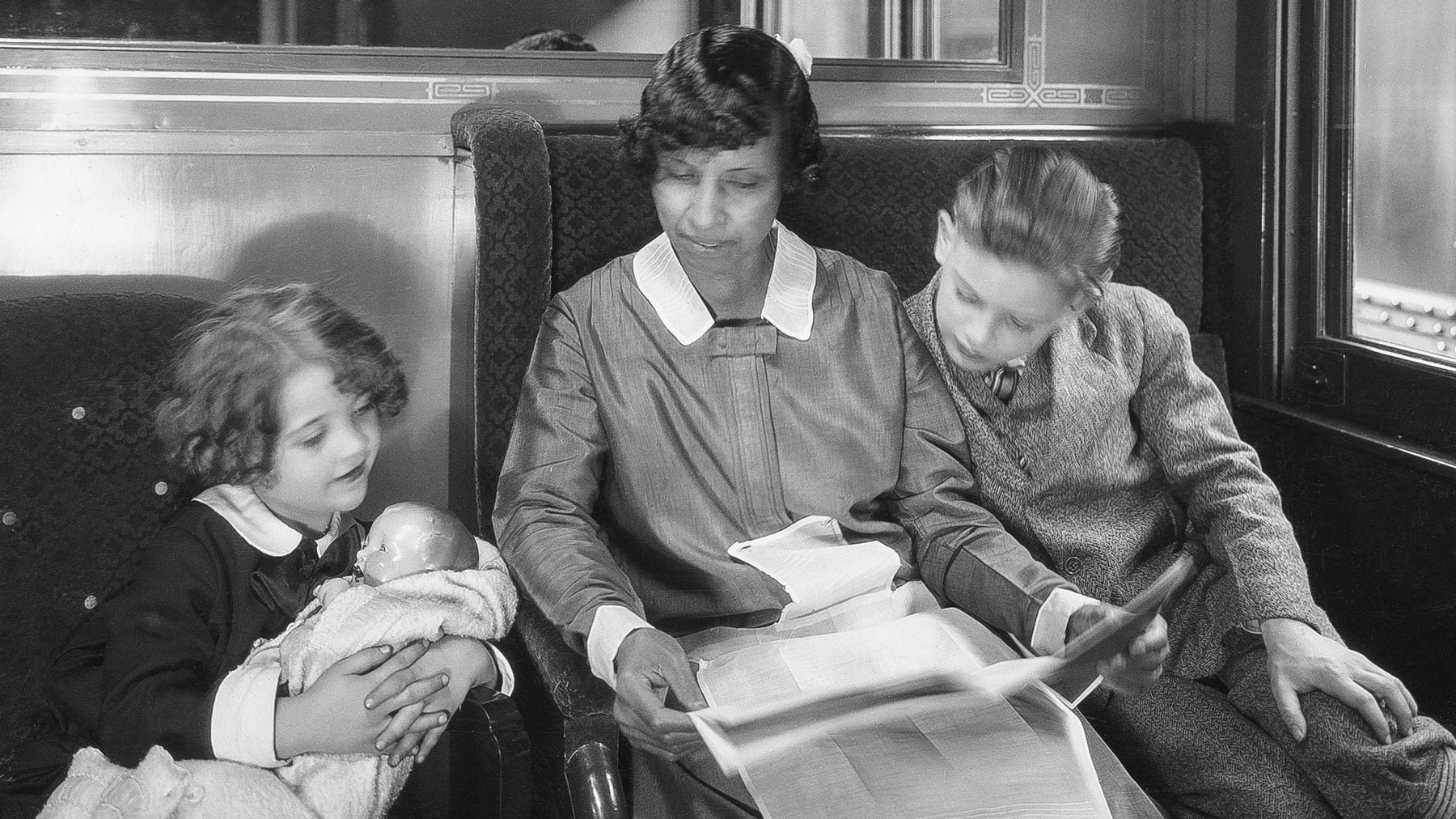By 1925, the Pullman Company employed 12,000 porters. In its first several decades, the company hired only Black men for the position, who served as a kind of on-site concierge for railroad passengers. But Black women were also working for the Pullman Company as maids. Though smaller in number, the maids, as well as their stories and their contributions to Pullman unionization efforts, have often been overlooked.
“I think Black working women have been overshadowed in much of our history of America. And I think that the maids are also part of that obfuscation,” Melinda Chateauvert, a scholar with Front Porch Research Strategy who has written about the topic, told Chicago Stories.
Pullman hired mostly Black women as maids, though some Chinese American women worked on the railcars, too. According to Chateauvert, maids had to be at least 25 years old. There were far fewer maids than porters. While an entire team of porters worked a train, there was typically only one maid.
There was a distinct workplace hierarchy on Pullman trains, said Chateauvert. The White conductor was at the top of that hierarchy, followed by the porters, with the maids at the bottom.
“Maids had very little voice, and they also had very little power,” Chateauvert said.
The maids were responsible for greeting women passengers and their children. Like porters, maids might assist the passengers with their luggage, hats, and coats. Child care was also part of their duties, as well as caring for sick passengers.
“For example, the maid would be tasked with the responsibility of taking care of the children while the women and the mothers went to the cafe car to eat,” Chateauvert said. “They would also be responsible for doing the same kinds of tasks for women that porters did for men. They would do mending, they would press garments, they would fix buttons, they would shine shoes for the women.”
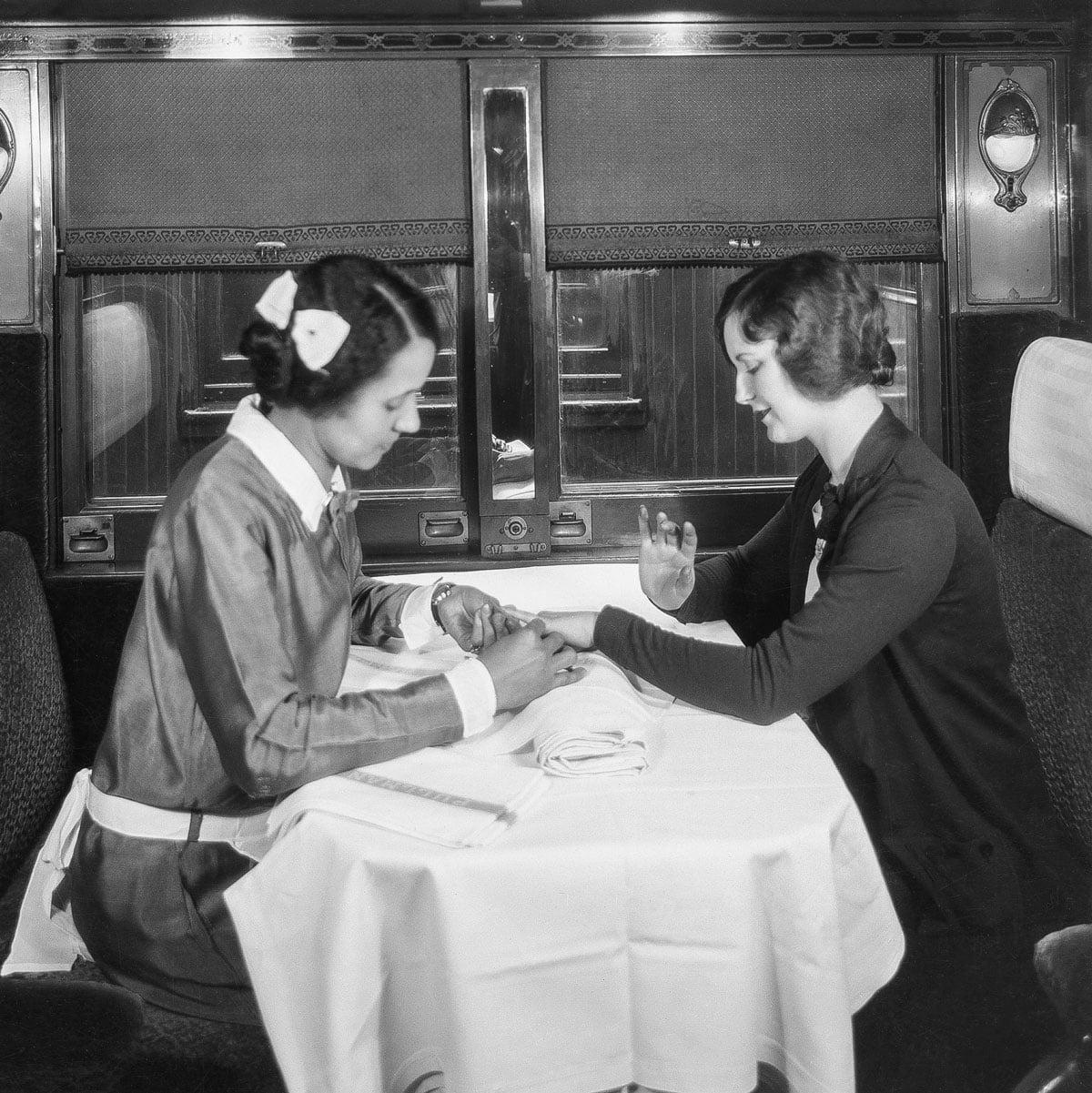
Maids were also required to help women get dressed and fix their hair, and they were even tasked with providing manicures to the passengers.
Chateauvert said that while the job may have had some appeal because it provided freedom of the rails for women, the Pullman maids endured all manner of hardships in the workplace.
“The Pullman maids’ grievances were typical of any Black woman working in a highly industrialized company,” Chateauvert said.
Like the porters, maids had to supply their own materials, including manicure tools. They had to pay for their own uniforms, meals, and lodging if their route took them away from home for extended periods of time.
Maids also had to deal with disrespectful, demanding, and racist passengers. Cornelius L. Bynum, assistant professor of history at Purdue University, told Chicago Stories that the treatment that Black porters and maids endured had an “ugly resonance” with slavery that was deeply rooted in an “antebellum, racial sensibility.”
“It certainly shaped the way in which passengers, particularly Southerners, understood their interaction with porters and maids,” Bynum said. “The Pullman Company never saw Pullman porters and maids or African American employees in any kind of light of equality. The Pullman Company always saw them as subservient, [and] never saw them as the skilled, vital workforce that they in fact were.”
Since they had little voice in the workplace hierarchy, maids were often left unsupported. Sexual harassment from male passengers was also common.
“Sexual harassment is a concept that, of course, wasn’t even really recognized as a form of discrimination until the 1970s,” Chateauvert said. “This is the 1910s, 1920s, and 1930s, and they are experiencing this [harassment]…that could be quite obviously very terrifying, and it can push people out and make people want to quit.”
In general, maids worked long hours, had inconsistent schedules, and were given fewer shifts. They were paid less, and they were not guaranteed the same number of runs per month as porters.
“They often had to be on the train, but they were not paid for all the hours that they were there. If a train stopped, if they were late – any of those things – they would just be paid their straight time. There was no overtime, there was no allowance for when they had to stay overnight and then take another run,” Chateauvert said.
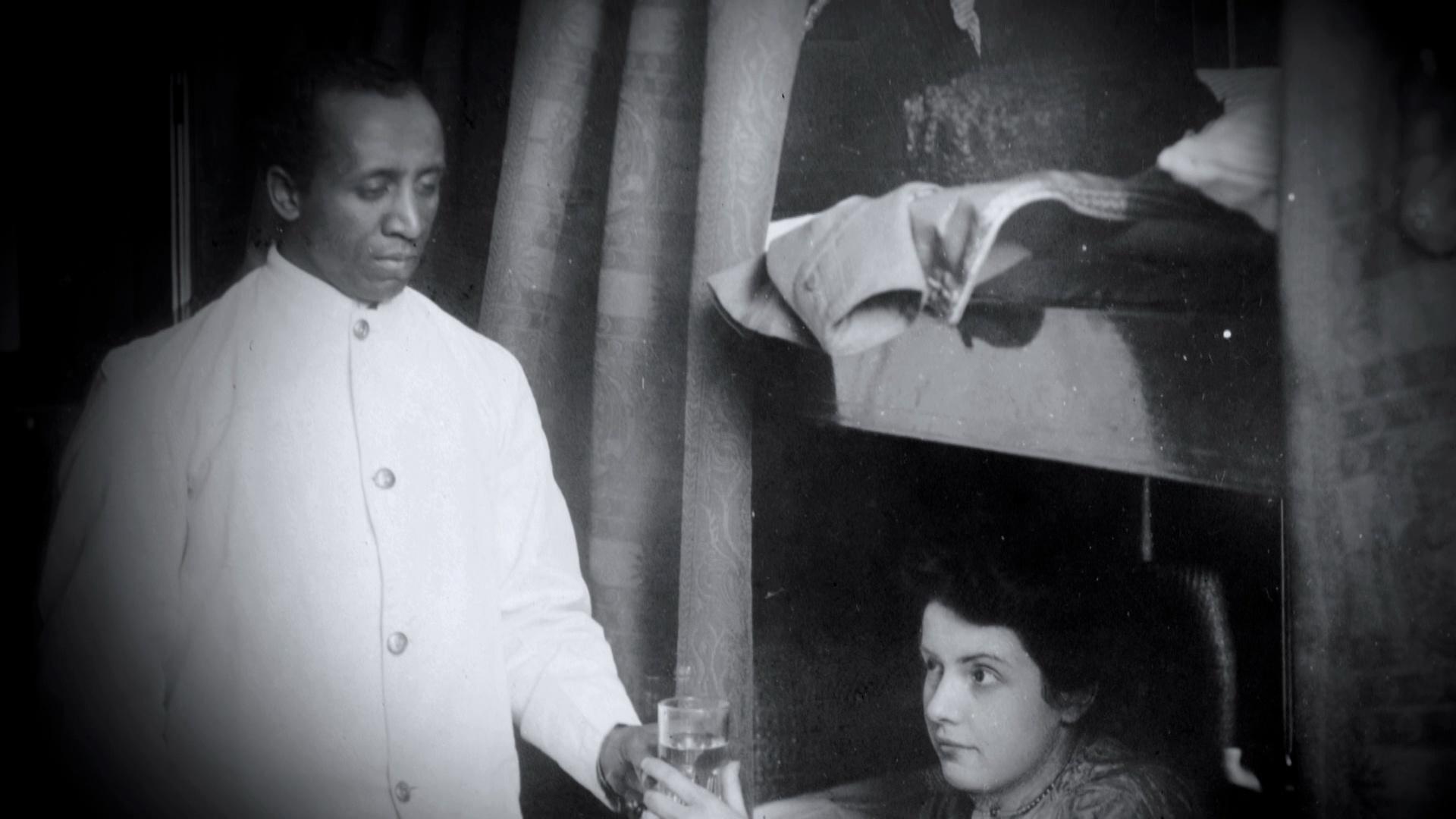
In the first year of a maid’s service, they often were subject to what was called “running wild,” where their run might end up in any part of the country.
“Wherever there [was] a need for a maid, you were to go,” Frances Albrier, a civil rights activist and Pullman maid from 1926 to 1931, said in a 1977 oral history interview. A maid like Albrier who was based in California might be assigned to a train in Chicago, and from there might end up in New York or New Orleans.
“This is not the day of cell phones. This is not even a day when sending a telegram is easy,” Chateauvert said. While they tended to someone else’s children on the trains, the maids had erratic schedules that kept them apart from their own families for days or weeks at a time.
When the Great Depression hit, most of the Pullman Company’s maid service fizzled. But in the years before, many maids such as Albrier played an instrumental role in the unionization efforts of Pullman’s Black employees. In 1925, the Brotherhood of Sleeping Car Porters and Maids (BSCP) was formed, led by labor organizer and civil rights activist A. Philip Randolph.
According to Chateauvert, while some labor leaders were not necessarily supportive of women working outside of the home, Randolph “was more willing to make sure that women were included in the union.”
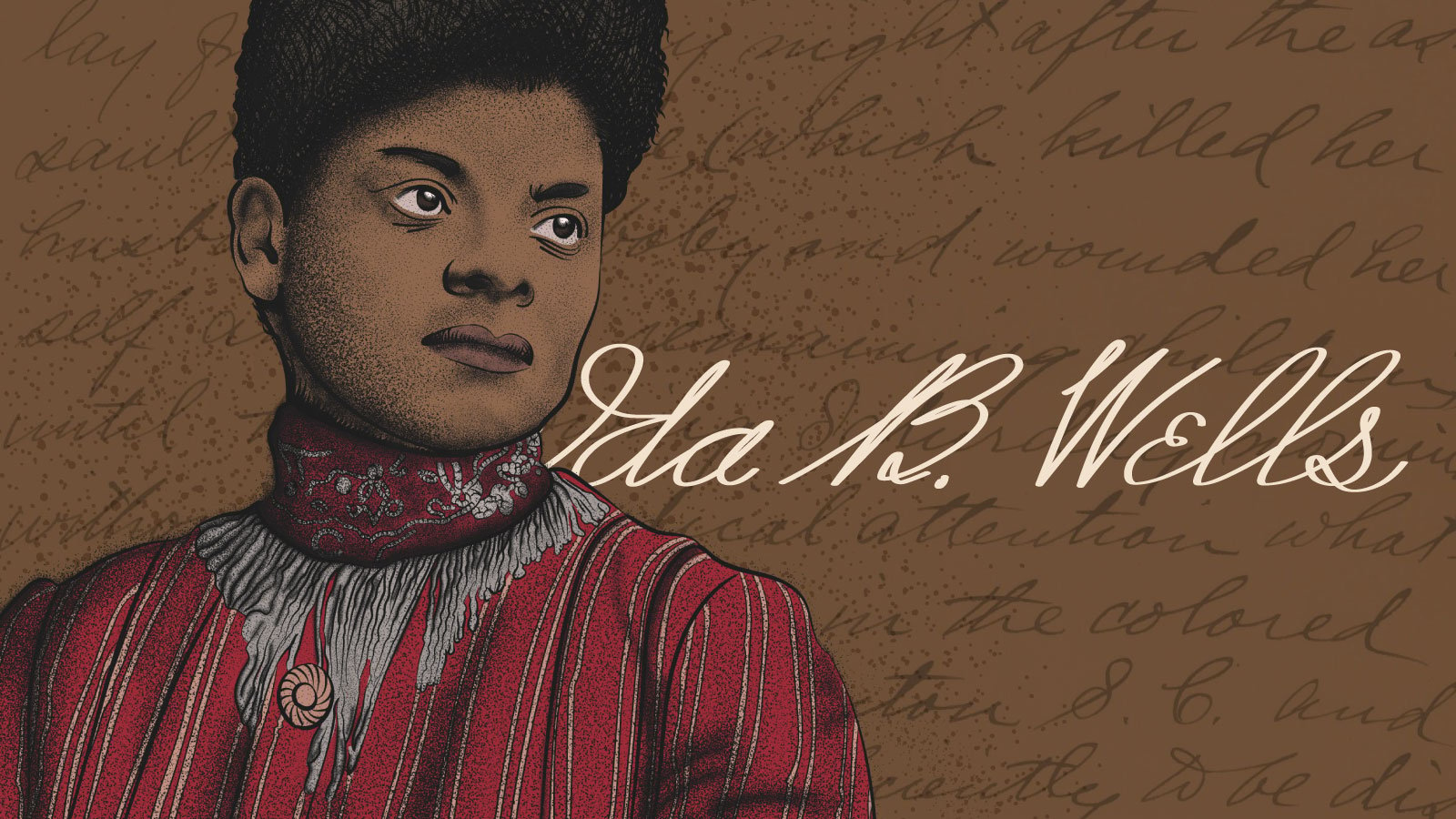
Chicago Stories: Ida B. Wells
There are few Chicago historical figures whose life and work speak to the current moment more than Ida B. Wells, the 19th century investigative journalist, civil rights leader, and passionate suffragist.
Go deeperIn its demand to be treated with respect and dignity, the union emphasized the “manhood” of its members. Chateauvert said that sometimes meant it was unclear how the maids would belong “in that kind of organization of gender.” Much of the work that women – including both Pullman maids and the wives of porters – achieved was done in separate women’s economic councils and ladies’ auxiliaries.
The maids and other women are widely considered instrumental in the BSCP’s successes. In the process, some maids were fired for their union involvement. Though it took more than a decade, the BSCP and the Pullman Company signed a contract in 1937 which gave porters and maids a raise, a 240-hour work month, overtime pay, and other protections.
“Randolph’s view of the perfect future and Black women’s view of the perfect future may be quite different. What Ida B. Wells wanted, for example, might have been quite different from what Randolph wanted,” Chateauvert said. “But he did nonetheless recognize that women could be very important to unionizing, very important to providing the kind of backbone for their husbands, for their brothers, for their fathers to continue to support the union.”

